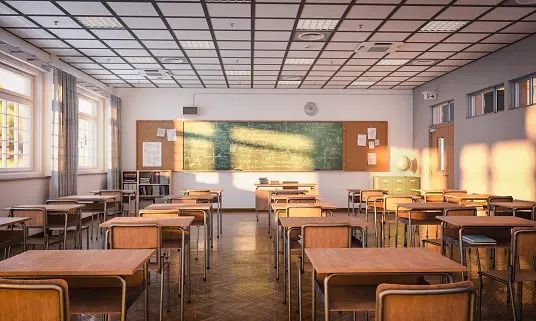In the bustling city of Bengaluru, where rapid urbanization has given rise to severe traffic congestion, a pivotal meeting was convened on October 9. The gathering included prominent stakeholders such as private school management authorities, representatives from the Bengaluru Traffic Police (BTP), officials from the transport department, members of the Bengaluru Metropolitan Transport Corporation (BMTC), and various teachers’ associations. The primary agenda was to deliberate on a directive from the Karnataka High Court: the modification of school hours in the Bengaluru Urban region to address the city’s escalating traffic woes. The proposed alteration of school timings, initially slated for discussion on October 5, was met with staunch opposition from private school administrations and several other key stakeholders. The consensus emerged during a robust dialogue where the BTP adamantly discouraged changing school hours. Instead, they advocated for a multi-faceted approach to alleviate traffic congestion. Their suggestions included encouraging the use of public transportation, pinpointing traffic hotspots for targeted interventions, and implementing effective traffic management systems around schools. Presently, private schools in Bengaluru typically commence classes at 8:30 am, while government schools begin around 9:30 am.
The private school management authorities, echoing the sentiments of other stakeholders, contended that altering school hours was not a panacea for the city’s traffic challenges. They emphasized the need for a holistic solution, highlighting the complexities of Bengaluru’s traffic issues. Mere adjustments in school schedules, they argued, would not yield the desired results. A noteworthy proposal emerged from the deliberations: integrating civic sense education into the school curriculum. By instilling a sense of responsibility and awareness among students regarding civic behaviour, stakeholders believed a long-term solution to the traffic problem could be nurtured. Such an educational initiative could potentially transform the mindset of future generations, fostering a culture of responsible citizenship.
The outcomes of this critical meeting will be conveyed to the Karnataka High Court. The court, cognizant of Bengaluru’s traffic challenges, had previously advised the state government to reconsider not only school timings but also corporate working hours in the city. Today’s court hearing is expected to take into account the insights and opinions expressed by various departments and stakeholders during the October 9 meeting. Bengaluru’s traffic congestion remains a pressing concern, particularly in the context of its rapid population growth. The issue is not merely a matter of inconvenience but a significant drain on the city’s productivity and resources. Despite the rejection of the proposed school timing modification, stakeholders are resolute in their commitment to exploring innovative and comprehensive solutions. Through collaborative efforts and inventive strategies, they aim to pave the way for a more efficient, sustainable, and seamless flow of traffic in the vibrant metropolis.

